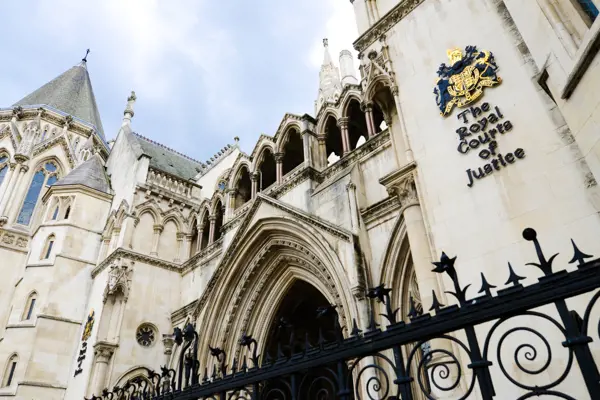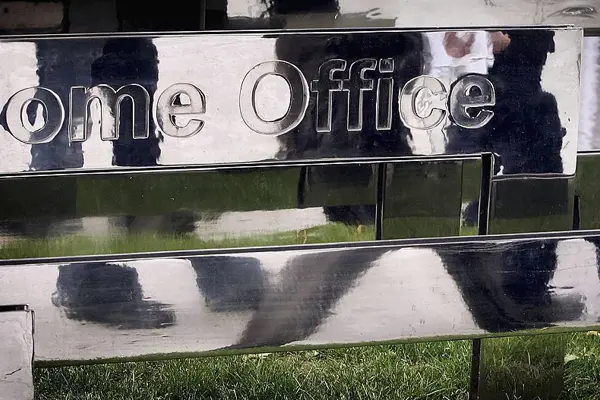Legal action against London-based shipping company following life-changing injuries
UK law firm Leigh Day is taking legal action on behalf of a 38-year-old Bangladeshi man who lost a leg and some of the sight in one eye whilst dismantling a ship on behalf of Zodiac Maritime, a London-based shipping company.
Posted on 04 December 2017
Metal cutter Mohamed Edris was working alongside 100 others on the 19,600-tonne container ship Eurus London, managed by Zodiac maritime before being sold for scrap, at the Ferdous Steel Corporation shipyard in Chittagong when the incident occurred.
His job had been to cut away the 40-tonne propeller with a blow torch. A large metal platform had been placed below the propeller to stop it falling into the mud on the beach.
He told the Observer newspaper: “I told the supervisor and two others that it was dangerous because it could bounce back when the propeller fell. I told them I could not do it, but they insisted that I did,”
The propeller broke free and sprung back as he had predicted slicing off his left leg below the knee, damaging one of his eyes and nearly breaking his back.
According to lawyers at Leigh Day Zodiac, which is owned by Eyal Ofer, son of the late Israeli shipping magnate Sammy Ofer, should have known how dangerous the Chittagong breaking yards were when the vessel was sold for scrap to Rayna Investments, a “cash buyer” or middle man.
The legal case could see British, American and European ship owners and managers being made liable for the many deaths and accidents that take place every year in Bangladeshi, Indian and Pakistani shipbreaking yards.
Martyn Day, senior partner at Leigh Day told the Observer: “It is the Claimant’s case that Zodiac knew, or ought to have known, that there was a foreseeable risk of physical harm to workers when they allowed their vessel to be sold to a Chittagong yard through a cash buyer.”
Leigh Day maintain that Zodiac knew the methods involved in dismantling vessels in Chittagong, yet it sold the Eurus London on in the full knowledge that it would be broken up in unsafe conditions.
Martyn Day said: “Mr Edris’ case is that they had a duty not to sell vessels to Bangladesh shipyards via their contractors or cash buyers. Zodiac sold it to a cash buyer in the knowledge it would be dismantled in unsafe conditions.”
According to the Observer, British-based companies sent 28 ships to be recycled on Asian beaches in the past two years, including six to Chittagong.
Ingvild Jenssen, director of Shipbreaking Platform, a Brussels-based coalition of environmental, human rights and labour groups told the newspaper:
“Ship owners shield themselves from responsibility through the use of cash buyers. These scrap dealers sell off the ships for the highest price offered.
“All ships that end up on the beaches of Bangladesh, Pakistan or India pass through cash buyers, and all sales to cash buyers are clearly scrap deals where the higher price paid indicates that the vessel will be beached.”
The shipbreaking yards on Asian beaches are an attractive solution to owners of large ships who can earn up to almost £3 million extra per ship by selling to the yards via cash buyers rather than using recycling yards which have higher standards. As a result more than 800 large ships are broken up in the yards each year.
Ingvid Jenssen added: “No one forces the industry to send ships to be dismantled there. They choose to send them.”
In a statement to the Observer, Zodiac said the accident occurred four months after the ship had been sold to a third-party buyer. As a result, it said: “We deny any liability for the injuries suffered by Mr Edris and we dispute the claim.”

